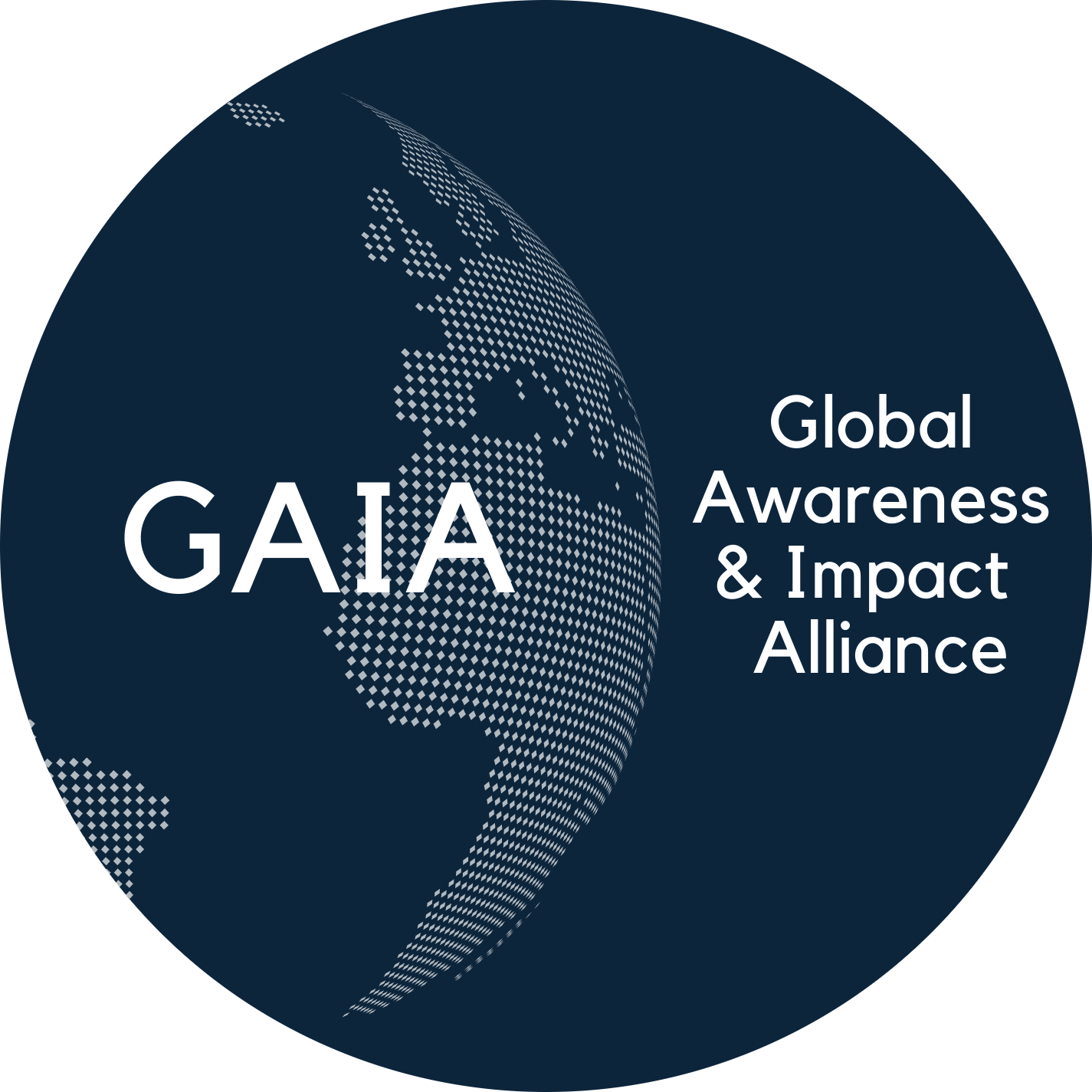Dr. Mu’izz learns Preventing and Countering Violent Extremism (P/CVE) at The Habibie Center, Jakarta
by Dr. Mu’izz Abdul Khalid
From May 13-20 2023, the Global Awareness and Impact Alliance (GAIA) Research Associate Dr. Mu’izz Abdul Khalid, alongside twenty other youth leaders, attended the ASEAN Rising Leaders Program, hosted by the Habibie Center, in South Jakarta. Funded generously by USAID and the Habibie Center, the program focused on pressing issues that are related to Preventing and Countering Violent Extremism (P/CVE) in Southeast Asia. Although violent extremism is not as prevalent in certain nations within the region, such as Brunei and Singapore, as it is in Indonesia and the Philippines, P/CVE is a pressing issue for ASEAN member states as it is essential for the promotion of stability and peace in the region.
Throughout the week, we expanded our knowledge on matters germane to P/CVE, such as the concept of social identity, of conflict resolution, and the increasing role of gender-based violence. For the first several days, we were divided into different groups so that we could get to know one another and learn about one another's backgrounds as we all came from various walks of life.
One of the most important things I learned concerning P/CVE involved Johan Galtung’s theory on peace. It is well known in academia that Johan Galtung is the pioneer of peace studies, particularly the scholar who brought forth the concept of peace into academic literature. In order to learn about violence, it is essential to understand the concept of peace. He operationalized peace into two types: (i) positive peace; and (ii) negative peace. Most states have only attained negative peace, which is essentially the absence of violence. However, a society is not inherently peaceful just because there is no violence. In fact, most conflict emerged out of achieving negative peace first hand, such as in the case of the Maluku sectarian conflict in Indonesia. There was no doubt that the Maluku conflict involved deep-rooted issues relating to differences in ethnicity and religion. As such, it is better for states to attain positive peace as it examines the social underpinnings and tries to take action to bring about a more sustainable type of peace. This frequently involves eliminating many of the variables that contribute to the systemic continuation of violence. Positive peace targets injustice and inequality as opposed to negative peace, which targets ongoing acts of violence. As a result, policymakers should aim to attain positive peace in order to prevent violence and counter extremism in respective countries.
Given this was my first experience taking part in an ASEAN youth program, I was pleasantly surprised to find myself in settings where other young leaders were passionate and committed to addressing challenges and concerns relating to preventing violence and promoting peace not only in their own communities but also within the region. Spending time with these youth leaders who consistently sought to disprove their own preconceptions as well as the difficulties associated with extending and exploring the concept of diversity in the areas of gender, race, ethnicity, religion, physical and mental abilities was nothing less and nothing more than just inspiring.
For the final few days, we were assigned into our groups based on shared commonalities. For instance, Indonesia and the Philippines were combined, as were Brunei and Malaysia. These groupings were essential for our post-program task, that was to make a media content to raise social awareness concerning P/CVE. As such, we were taught the importance of visual storytelling, social media, and digital contents.
Following the grouping of the digital content, all of us from Brunei and Malaysia agreed to focus on the topic of human trafficking and how it can lead to violent extremism. I am very grateful to learn more on the art of teamwork, especially from the Malaysian youth leaders, Sue and Khairul. We worked very hard together to come up with infographics and organized our first ever ASEAN Rising Leaders Webinar Series with Dr. Danial Mohd Yusof from Islamic International University Malaysia (IIUM).
I am very grateful to both USAID and the Habibie Center for this rare opportunity as it taught me many new skills, expanded my social network within the region, and allowed me to befriend and connect with inspiring youth leaders from the region.



